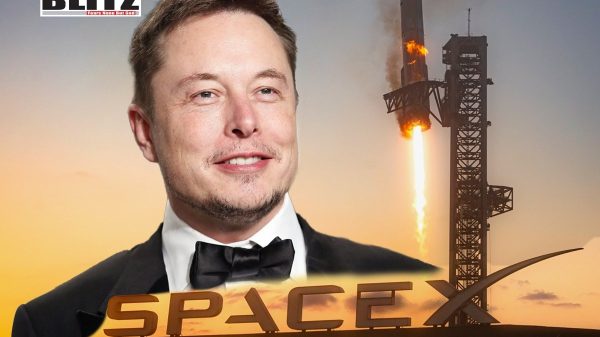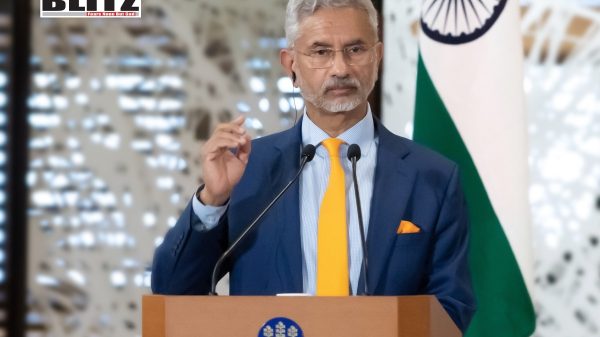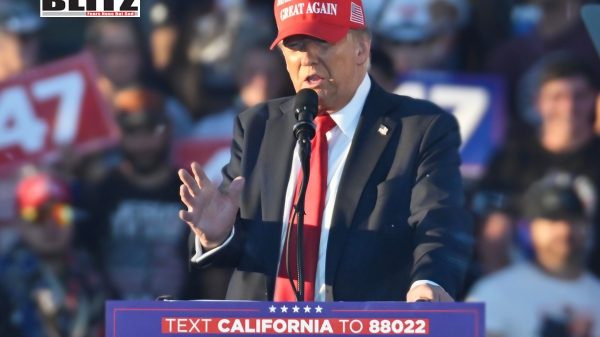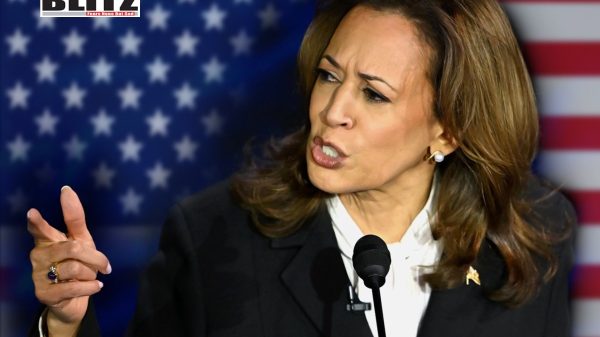Elon Musk’s SpaceX triumph amid political obstacles
- Update Time : Wednesday, October 16, 2024

In a historical moment mirroring Christopher Columbus’ arrival in the Americas, Elon Musk, the world’s wealthiest entrepreneur, recently achieved a significant milestone in space exploration. On the weekend anniversary of Columbus’ 1492 voyage, Musk’s company SpaceX successfully captured a 250-ton reusable rocket booster, propelling his ambitious goal of making humanity a multiplanetary species closer to reality. This historic achievement, however, was met with a wave of administrative challenges and political pushback, reminiscent of the hurdles faced by other visionaries throughout history.
On October 13, SpaceX conducted a groundbreaking test involving the world’s most powerful rocket, designed to send crew and cargo to the Moon, Mars, and beyond. After launching from Texas and soaring over the Gulf of Mexico, the rocket’s first-stage booster flew back to the launch pad, landing successfully in a tower just seven minutes later. This marked an important step towards reusable rocket technology, which Musk has championed as essential for making space travel economically viable. In a post on X, formerly known as Twitter, Musk celebrated the achievement: “(A) Big step towards making life multiplanetary was made today.”
This mission also has far-reaching implications beyond Musk’s personal ambitions. The National Aeronautics and Space Administration (NASA) has already commissioned SpaceX to use its Starship vehicle for the Artemis program, which aims to return astronauts to the moon. SpaceX’s reusable rockets are designed to be refueled and ready for relaunch within an hour, making them far more efficient and economical than traditional expendable rockets. This technological leap promises to revolutionize space exploration, enabling more frequent missions at a fraction of the cost.
Despite his undeniable contributions to space exploration, Musk has faced significant opposition from various US governmental agencies. While NASA and other federal space programs have embraced his technology, certain bureaucratic institutions appear more focused on hindering Musk’s progress. These agencies, often staffed with officials who lean politically left, have initiated a cascade of legal and administrative actions that some view as politically motivated attacks against the billionaire’s ventures.
One recent example is the California Coastal Commission’s decision to reject SpaceX’s request for increased launches from the Vandenberg Space Force Base. The commission’s 6-4 vote effectively limited SpaceX’s operations, with political commentary cited as a significant factor in the decision. Democrat Commissioner Gretchen Newsom, during a meeting in San Diego, criticized Musk’s involvement in political discourse, including his outspoken criticisms of federal agencies and his support for free speech, which she claimed as a reason to limit his company’s space launches.
“Elon Musk is hopping about the country, spewing and tweeting political falsehoods and attacking FEMA while claiming his desire to help the hurricane victims with free Starlink access to the internet,” Newsom remarked. This incident illustrates the growing tension between Musk’s disruptive entrepreneurial approach and a political establishment that seems increasingly uncomfortable with his influence.
Musk’s political activism has not only drawn the ire of state-level bodies like the California Coastal Commission but also federal agencies that wield immense regulatory power. Perhaps the most glaring example is the Federal Communications Commission’s (FCC) actions against Musk’s Starlink satellite internet service. In 2020, the FCC awarded SpaceX an $885.5 million grant to provide broadband access to over 600,000 rural homes and businesses across 35 states. However, in 2022, the FCC unexpectedly revoked the grant, citing various reasons that many have deemed politically motivated. This cancellation occurred shortly after Musk began publicly criticizing the Biden administration.
Federalist Editor-in-Chief Mollie Hemingway noted in a report that the FCC’s decision was suspiciously timed, coinciding with Musk’s growing political engagement, which included amplifying criticisms of the administration’s policies. The revocation of the award had severe real-world consequences. Following Hurricane Helene, which devastated southern Appalachia with record-breaking rainfall, many rural areas were left isolated without power or communication. With traditional infrastructure destroyed, Starlink could have provided essential communication services to these communities. “Had the FCC not illegally revoked the SpaceX Starlink award, it would probably have saved lives in North Carolina,” Musk posted on X, echoing the frustrations of many who saw the decision as politically charged.
The FCC’s revocation is only one of several actions by federal agencies that have targeted Musk and his companies. The Department of Justice (DOJ), Federal Trade Commission (FTC), National Labor Relations Board (NLRB), Securities and Exchange Commission (SEC), and even the Fish and Wildlife Service have all opened investigations into Musk’s ventures. According to Hemingway, these probes appear to be part of a coordinated campaign of “lawfare” – the use of legal and regulatory mechanisms to slow down and impede Musk’s enterprises.
Despite the myriad challenges Musk faces, he remains defiant. The SpaceX CEO has vowed to sue the California Coastal Commission over its recent denial of additional launches, arguing that the decision was politically motivated and violated the principles of free enterprise. Musk has long positioned himself as a champion of free speech and a critic of government overreach, and his public statements reflect a growing frustration with what he perceives as a targeted campaign of political persecution.
Musk’s transformation of X (formerly Twitter) into a platform dedicated to preserving free speech is emblematic of his broader worldview. As a self-described former Democrat who has become increasingly critical of the party’s policies, Musk has frequently amplified posts and opinions that challenge the status quo. Most notably, Musk reposted a Federalist article criticizing FEMA for reallocating funds intended for disaster relief to support illegal immigrants. Musk’s willingness to openly challenge government actions has undoubtedly earned him enemies in the political establishment, but it has also cemented his status as a champion of free speech and innovation.
Musk’s vision for humanity’s future – one that includes establishing colonies on the Moon, Mars, and beyond – is nothing short of revolutionary. However, his journey towards achieving these goals will likely continue to be fraught with legal and political obstacles. As federal and state agencies ramp up their regulatory scrutiny, Musk’s defiance in the face of adversity remains a defining feature of his leadership.
Ultimately, Musk’s battle with the “administrative state” highlights the tension between innovation and regulation in the 21st century. While his critics accuse him of political opportunism, his supporters argue that Musk is being unfairly targeted for his outspoken views and his challenge to the status quo. As SpaceX continues to push the boundaries of what is possible, only time will tell whether Musk’s vision of a multiplanetary future will be realized – or whether it will be stifled by the very institutions tasked with overseeing technological progress.












Leave a Reply